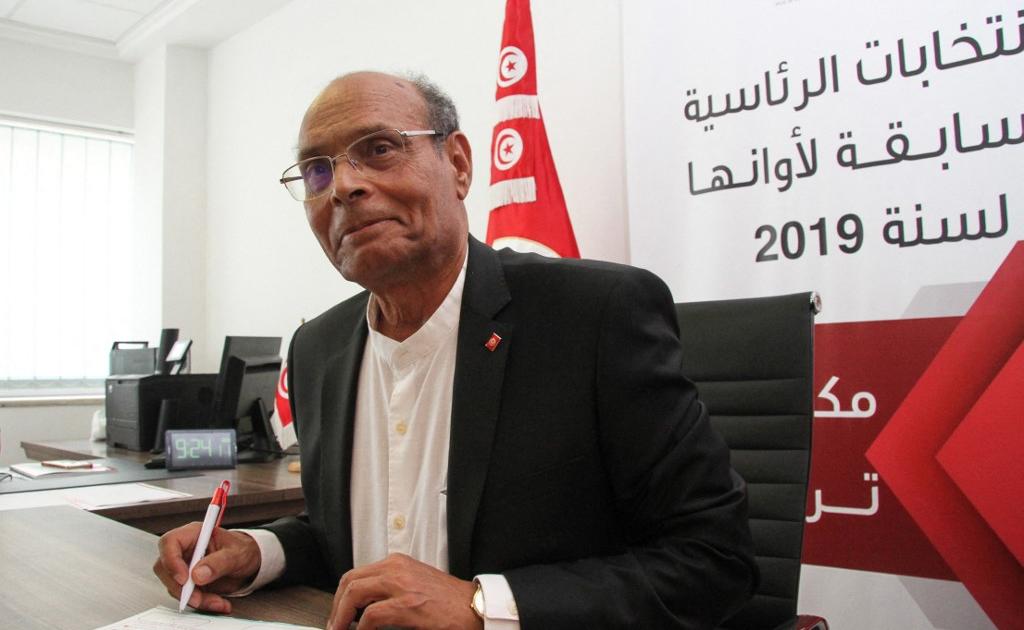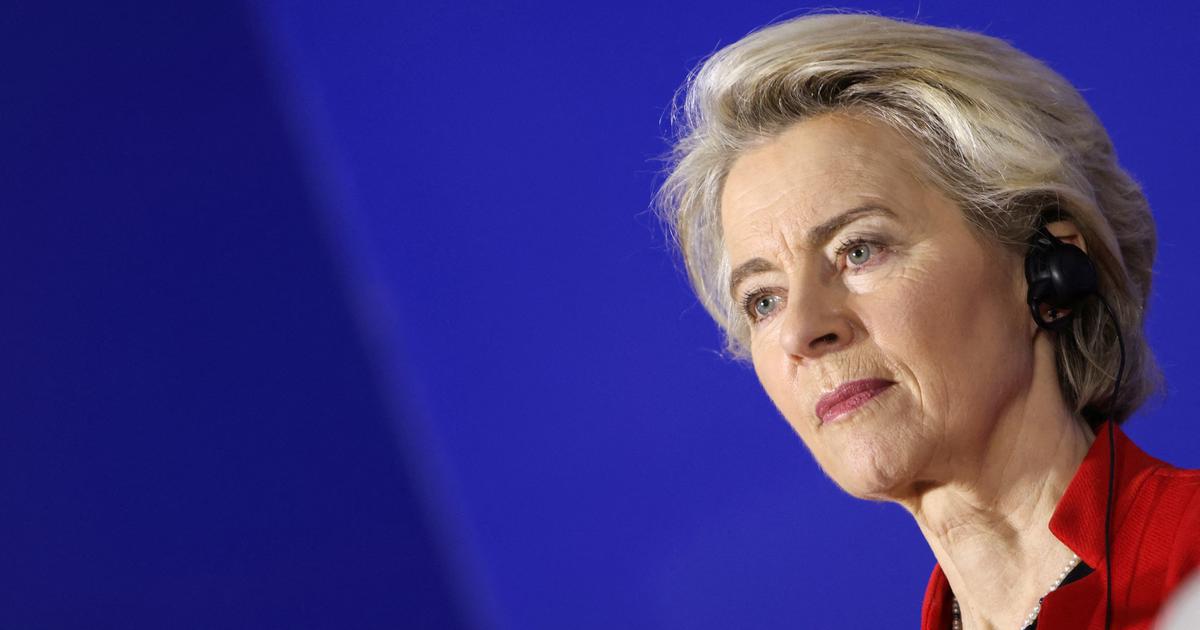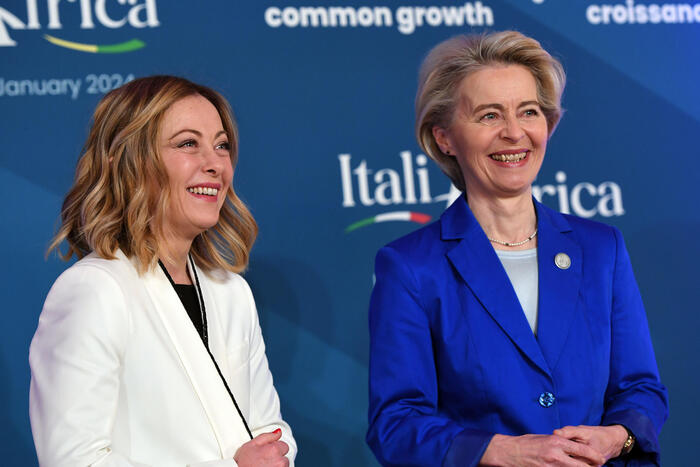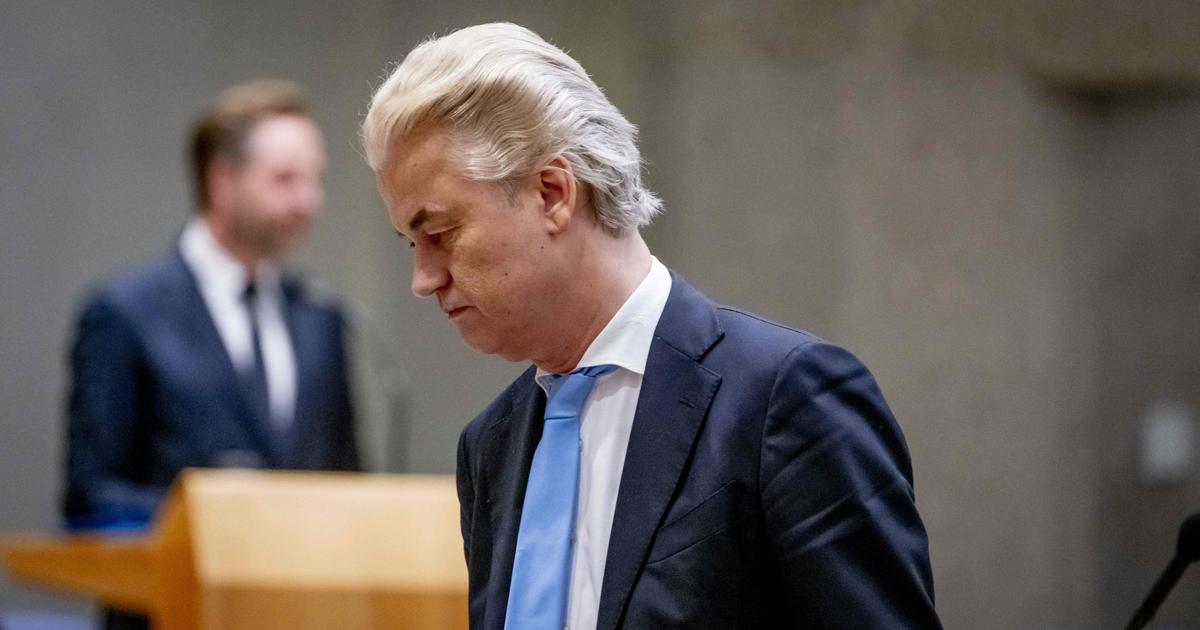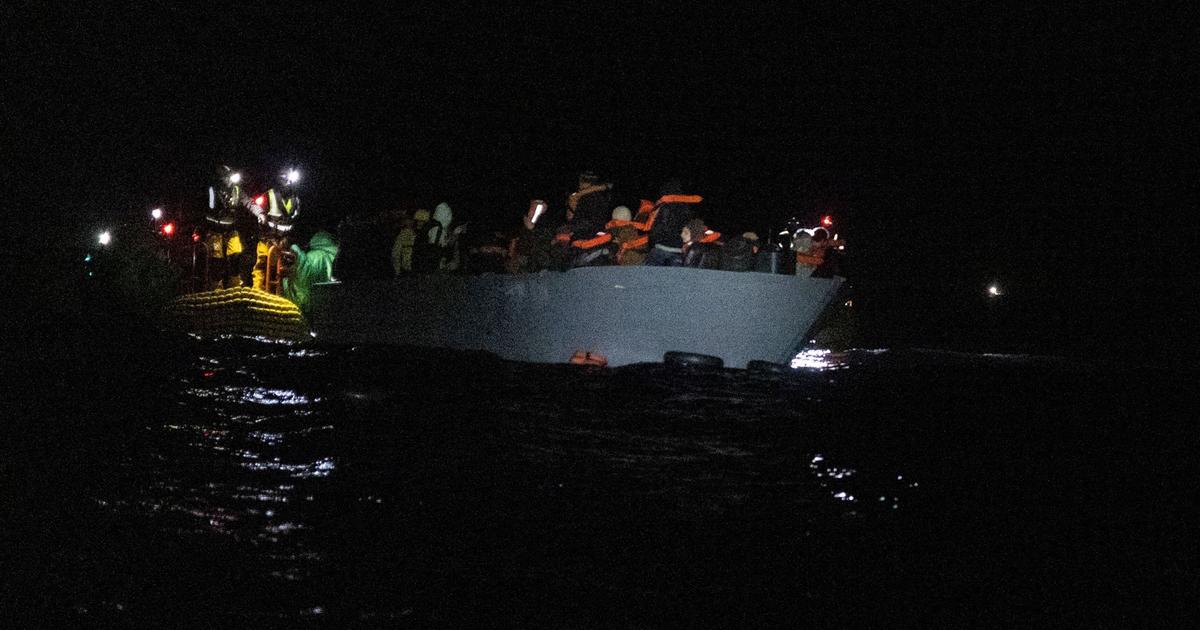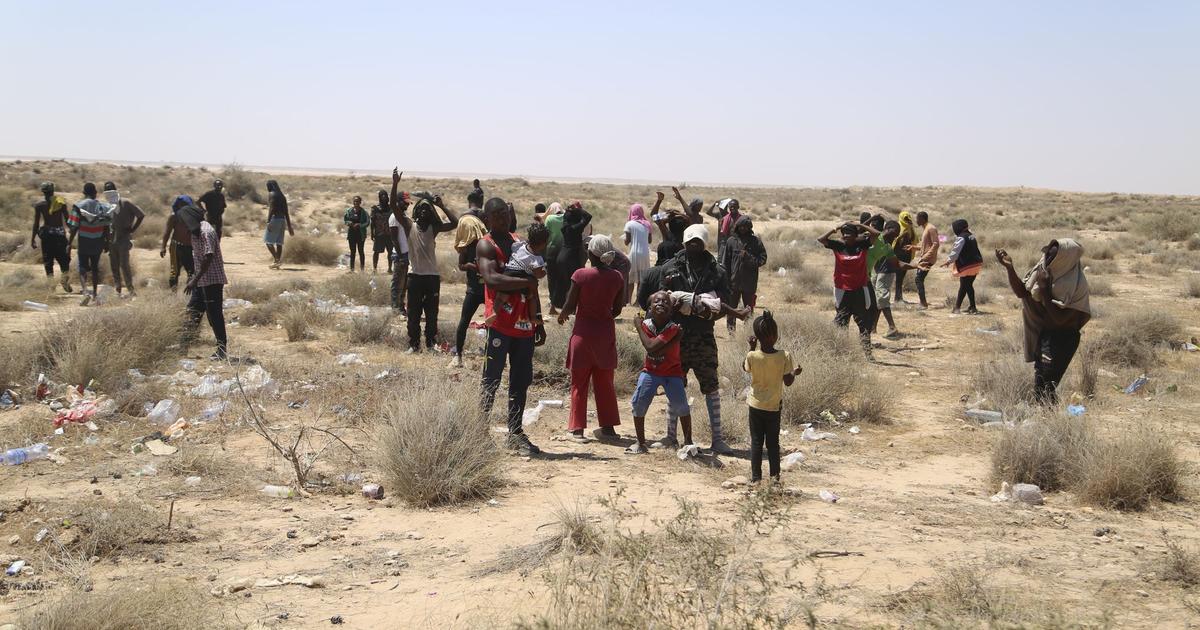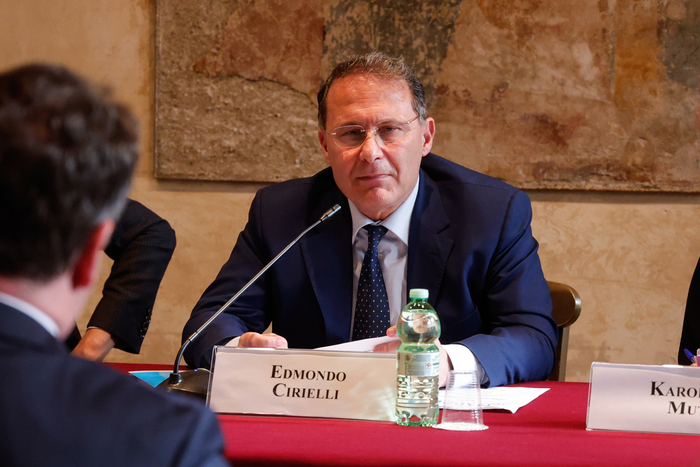The president of Tunisia, Kais Saied, in a file image.FETHI BELAID / POOL / EFE
More information
Tunisian President assumes full powers amid protests and opens constitutional crisis
The decision of the Tunisian President, Kais Said, to suspend the activities of the Parliament and to remove the Prime Minister, Hichem Mechichi, places Tunisia in a very serious constitutional crisis.
This is the most delicate moment in the democratic transition that began after the country's triumph of the Arab Spring in 2011, a political evolution until now considered - rightly, despite the many difficulties - an inspiring beacon for the Arab world.
Said has acted on the basis of a highly questionable interpretation of Article 80 of the Constitution. This allows the president to adopt exceptional measures in the event of "imminent danger" that threatens the integrity, security, and independence of the country, preventing the normal functioning of public powers. It requires prior consultation with the President of Parliament and with the Constitutional Court. And it affirms that Parliament is considered in permanent session during the validity of the exceptional measures. Regardless of whether the factual situation - marked by a serious health and economic crisis, protests and a prolonged political blockade - could be considered an imminent danger of these characteristics, it should be noted that the leader of Parliament maintains that he has not been consulted,the Constitutional Court provided for by the Magna Carta has not yet been constituted, and Parliament has been closed for 30 days. Added to this are other disturbing events, such as the closure of Al Jazeera's pan-Arab office. The country's main party, the moderate Islamist Ennhada, has called the action a coup; other formations with parliamentary weight have condemned it, while the influential union UGTT has not condemned the measures, but demands a clear constitutional roadmap from Said.while the influential union UGTT has not condemned the measures, but demands a clear constitutional roadmap from Said.while the influential union UGTT has not condemned the measures, but demands a clear constitutional roadmap from Said.
The initiative seeks to overcome the bitter political dispute between the sector represented by Said and Ennhada. The prolonged pulse has aggravated the already negative situation in the country. The Tunisian population experiences deep discontent overwhelmed by the succession of crises of all kinds. The result is great frustration when seeing that the expectations of progress generated after the triumph of the Arab Spring do not translate into a palpable improvement in the living conditions of the majority of citizens. The fact is especially painful because Tunisia was the first Arab country where the movement that ended dictatorships that had been in power for decades began and, unlike other states that ended up being the scene of war or chaos - Syria and Libya - or new dictatorships military - the case of Egypt -,managed to light a commendable movement of democratic institutionalization. Despite its difficulties, it has so far set an example for the Arab world.
The problem is that it is not the same to complete a democratic transition than to bring the real benefits of this system of freedom to the public. It is imperative that Tunisia recovers the lost dialogue and not jeopardize the historic achievement achieved in 2011. This necessarily involves absolute respect for all institutions. The solutions are found in the Parliaments, not closing them. All actors must now act with restraint for the good of Tunisian democracy; Said has the main responsibility.

/cloudfront-eu-central-1.images.arcpublishing.com/prisa/FJ3LVDDYWVDDLJMCFPDBBYM5BM.aspx)
